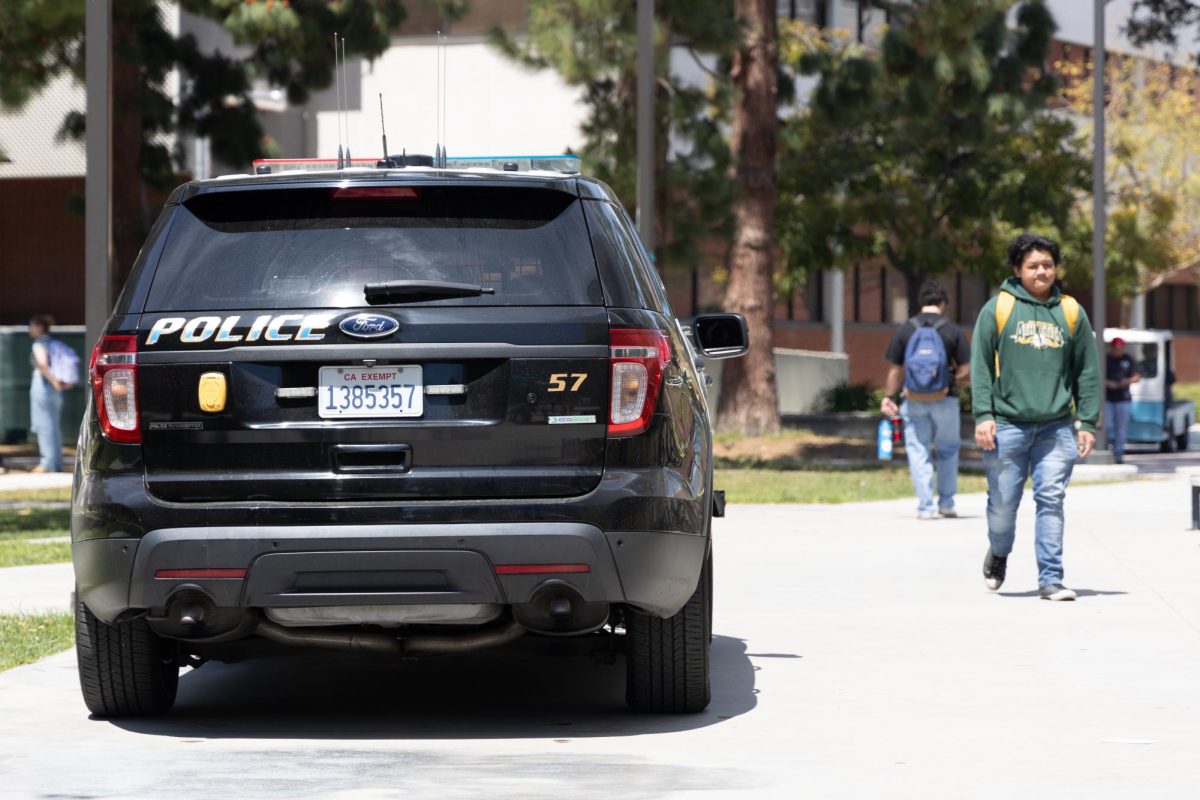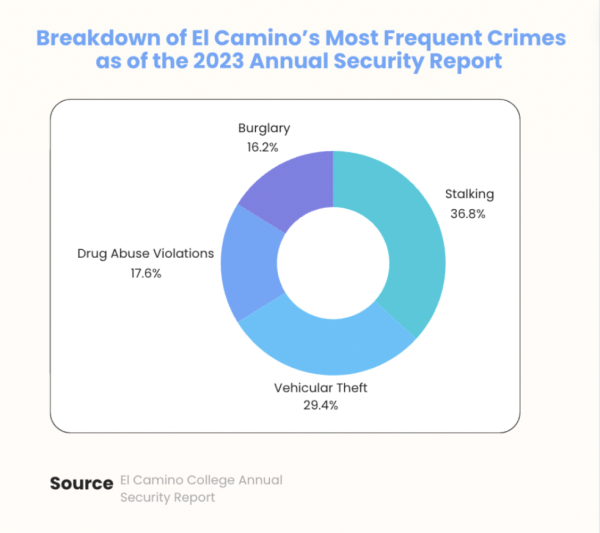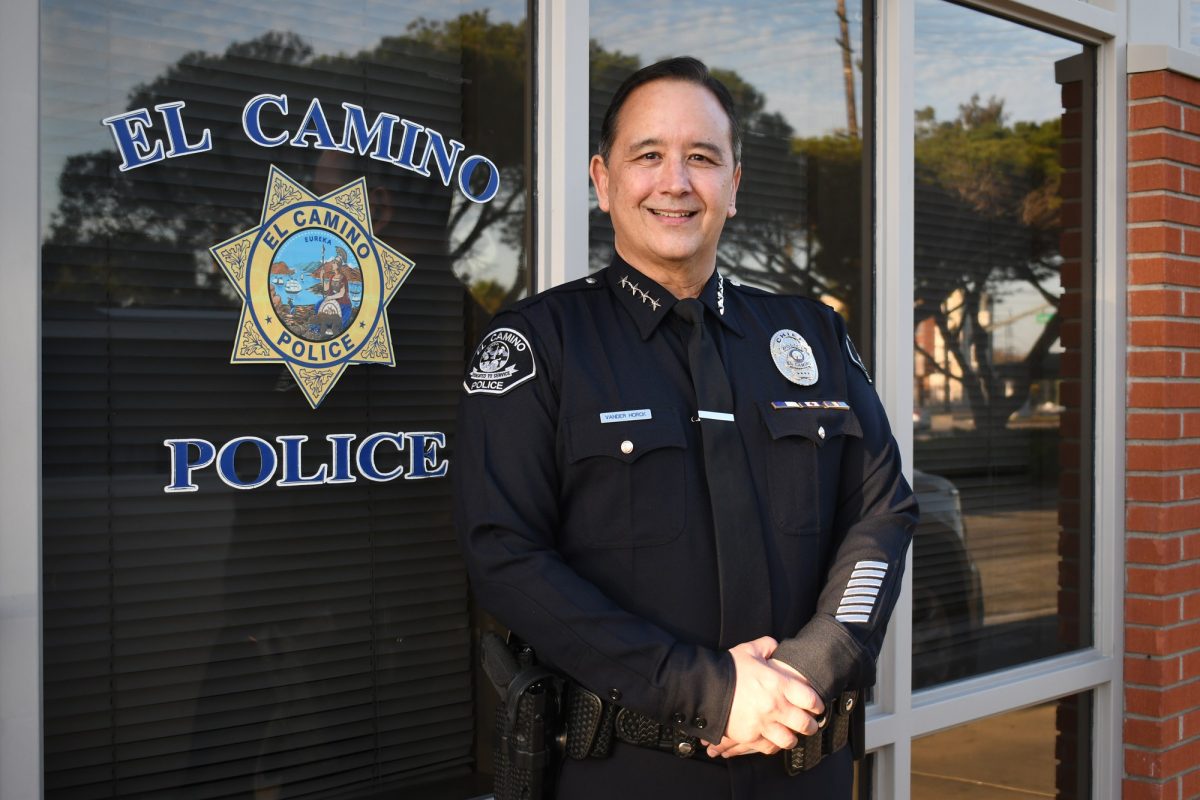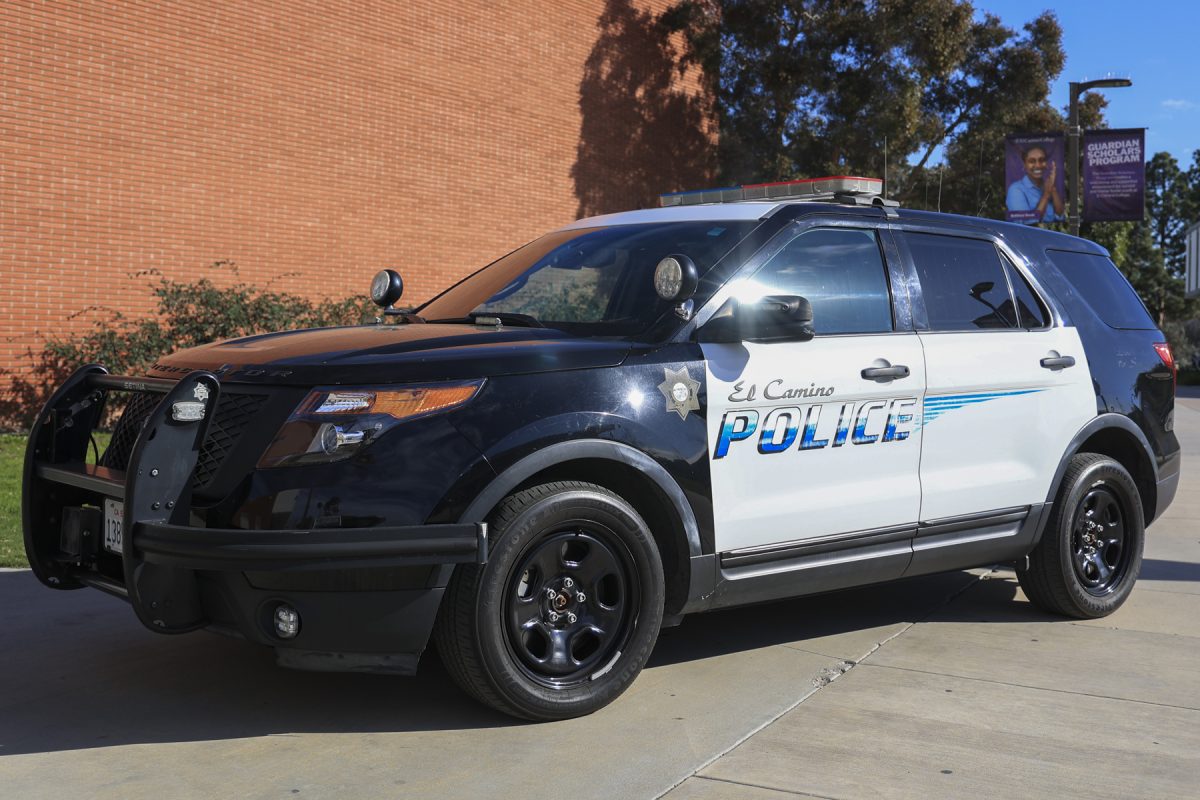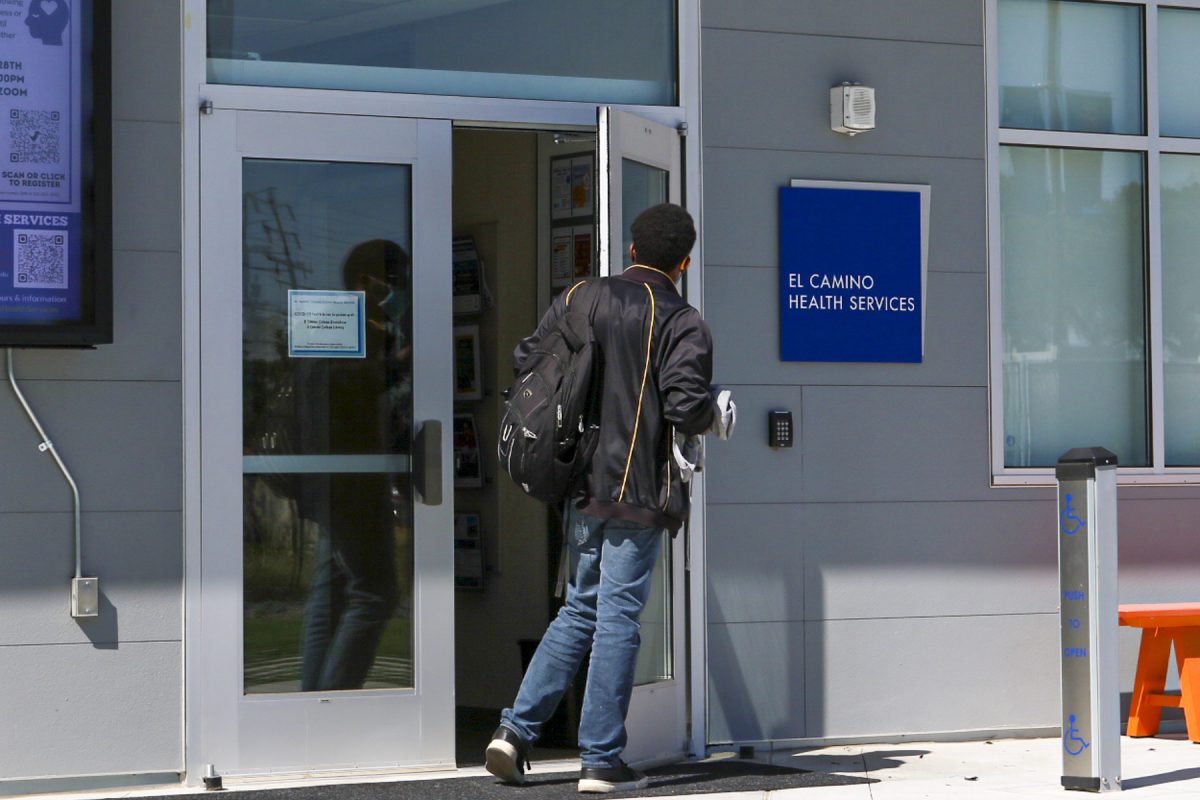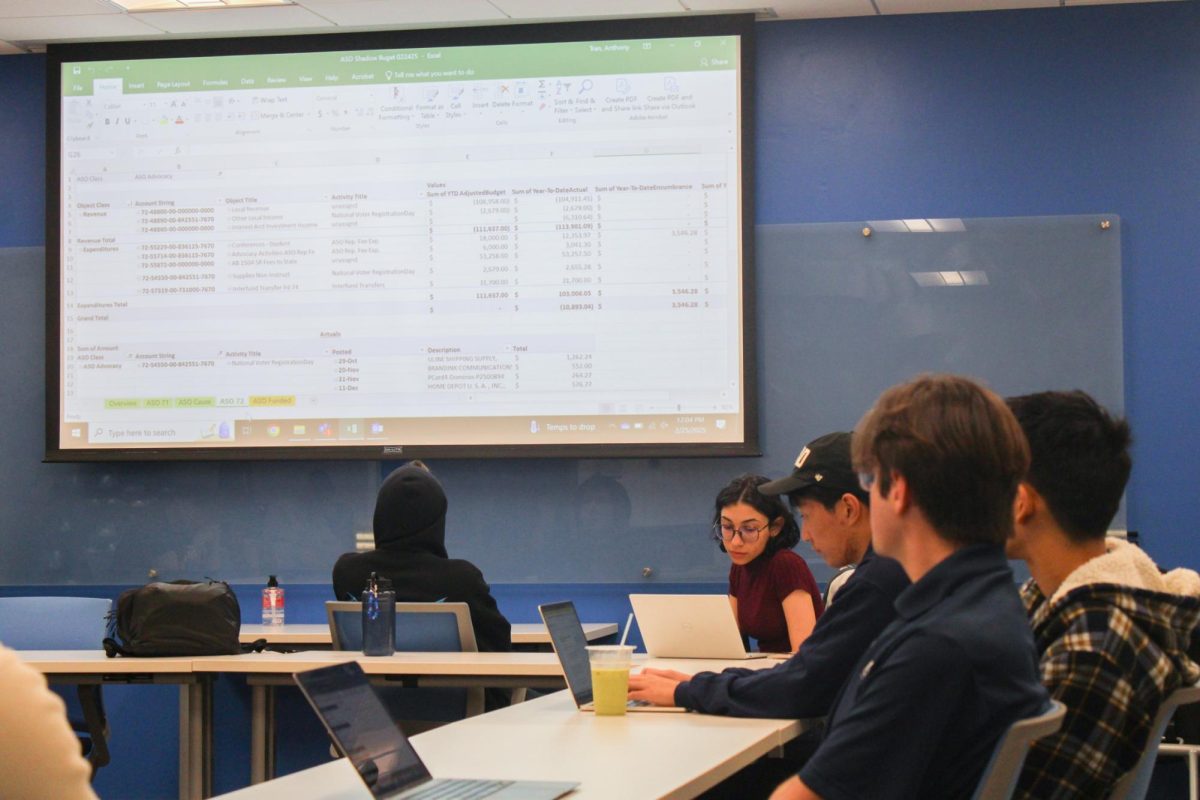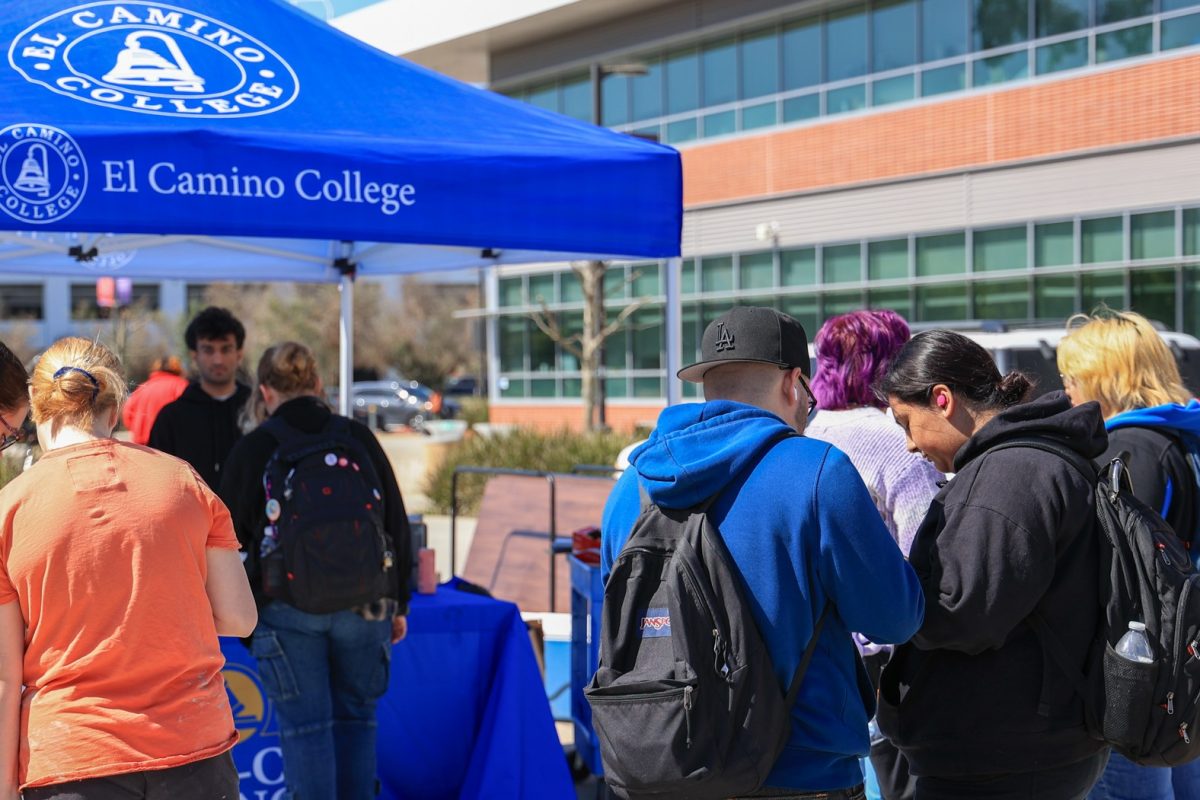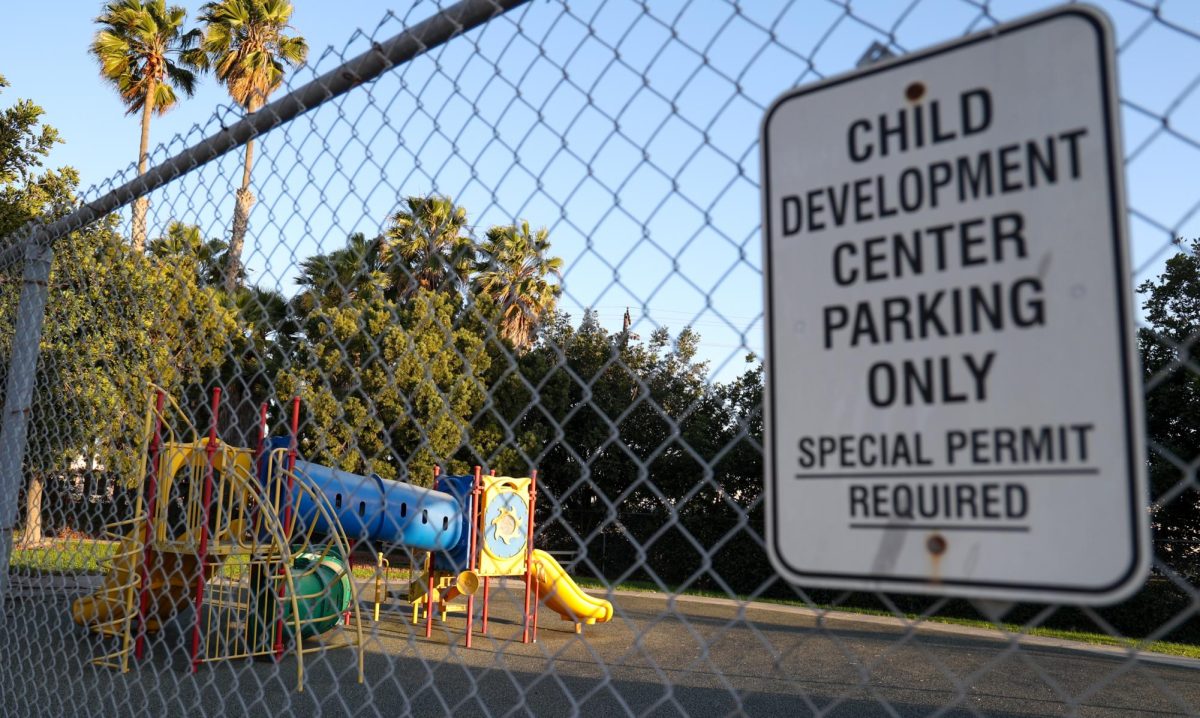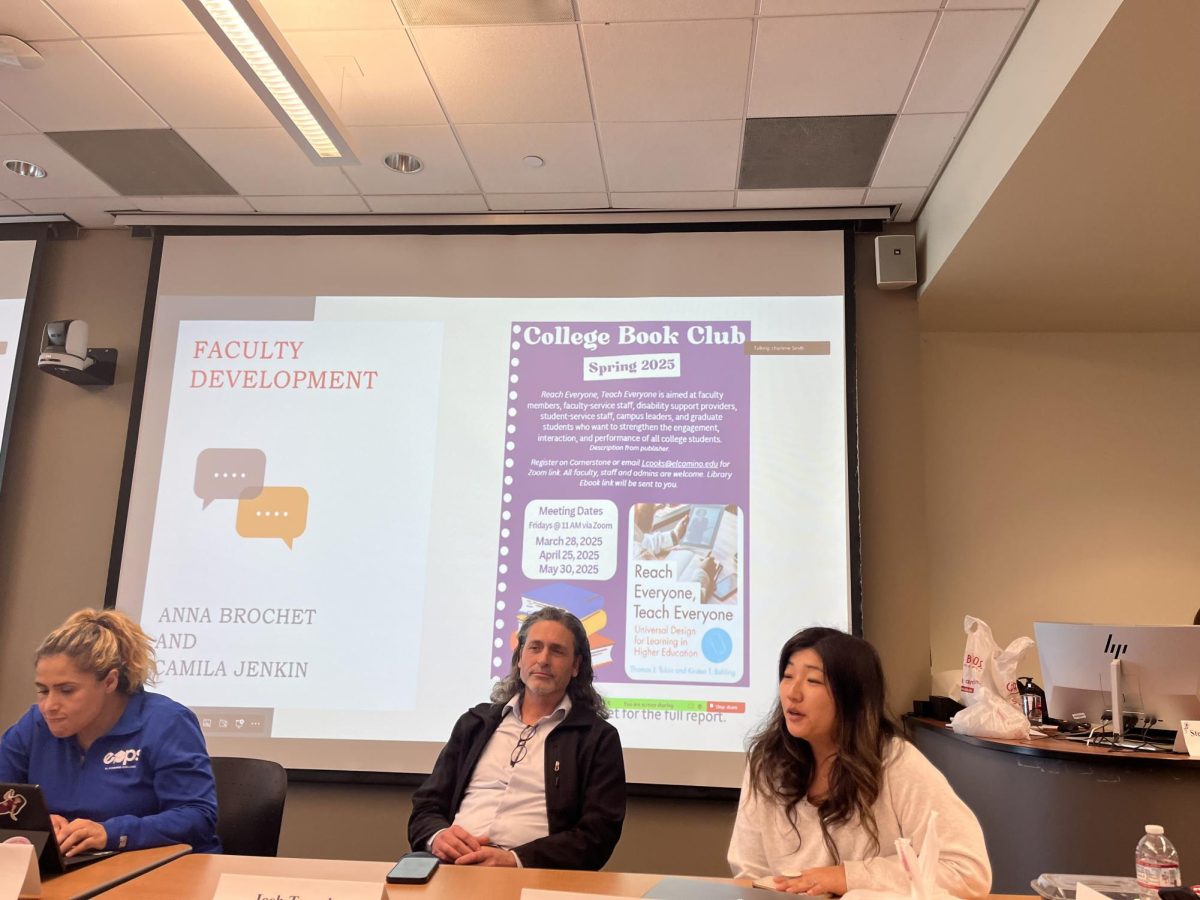Following a decrease during the pandemic, El Camino College joins the ranks of community colleges in California facing an increase of crimes on campus.
As of May 1, a total of 59 crimes have been reported on campus or in close proximity to the campus, according to the El Camino Police Department crime log.
Abiding by guidelines set by the Centers for Disease Control and Prevention, community colleges in 2020 went entirely online, limiting the amount of foot traffic on campuses.
The population decline led to the number of crimes decreasing, with El Camino’s 2020 annual security report reporting a total of 15 crimes, versus 2018’s report stating 57 crimes.
With population numbers growing on campuses and the communities surrounding them, over a 100% increase in all crimes has been seen since 2020, as reported by each community college’s Clery Act.
Miscellaneous crimes have been linked to students while stalking and vehicular theft are included in the most frequent crimes being committed by nonstudents.
Passed in 1990, the Clery Act requires all colleges and universities to report campus crimes and data, which is then released in an annual security report on Oct. 1 of each year.
Campus police departments have been working to keep these numbers from increasing; however, community colleges, including El Camino, that find themselves geographically closer to central Los Angeles have found it to be difficult.
El Camino Police Chief Michael Trevis said he mainly attributes the rise in the college’s crimes to the increasing transient population.
In 2023, the Greater Los Angeles Homeless Count reported a 9% increase in transients in the county of Los Angeles.
With a population of 75,518 transients around the Los Angeles area and the neighboring cities, many of them wind up on campus property.
“The crime issues that we have been having are crimes at night. I’m sorry to say that it involves [unhoused] people, people that do not come to school here,” Trevis said.
Trevis also added not all transients on campus are there to commit crimes, but the few that are have been known to carry knives and drugs, which are strictly prohibited on campus.
“There are a few that come over to see what crimes they can commit, whether it’s trespassing or vandalism or anything else,” Trevis said.
A great contributor to the amount of transients passing through El Camino is the proximity of Alondra Park.
Less than five minutes from the campus many transients who normally stay at the park enter the campus to seek shelter from the cold, while others may get in trouble.
Most recently, 40-year-old transient Jeffery Davis is facing charges of murder for the death of 65-year-old Junko Hanafusa.
Davis, who was identified through security camera footage, is accused of attacking Hanafusa with a sledgehammer on campus near the El Camino Gymnasium on Dec. 24, 2023.
Davis was arrested the same day at Alondra Park and Hanafusa died the next day from her injuries.
Similar to El Camino, Compton College lies close to the Los Angeles area, leading Compton to have a large transient population.
Crimes at Compton College have also seen significant increases, with the 2016 annual security report stating a total of 23 crimes occurred on campus. In 2022, that number increased to 40.
Cerritos College Police Chief Don Mueller emphasized that campus location plays a big part in the number of crimes that occur.
Cerritos, which is located farther from the central Los Angeles area, experiences a vastly smaller number of crimes than El Camino and Compton.
In 2022, only five crimes were reported on the 2023 Clery Act report for Cerritos while El Camino reported 36 for the same year.
While Cerritos experiences less transient traffic, Mueller said “economic status and the pandemic has raised homelessness,” leading to more criminal activity on campus.
In addition to the transient population, a variety of outsiders enter campuses for monetary purposes.
“Money comes from some type of crime. People from the outside often try to come in to take advantage of the campus,” Mueller said.
Of all the crimes, vehicular-related ones have been the most linked to monetary compensation.
In 2017, Cerritos College reported two vehicular thefts and by 2022, that number rose to six.
Similar to Cerritos, according to the Cypress College annual security report, the college saw a 158% increase in campus crimes, with 24% of them being vehicular thefts.
Due to campus parking lots holding a large number of cars, people whom El Camino Police Sergeant Francisco Esqueda refers to as “opportunists,” go inside the parking lots to see what they can find.
“Many tend to steal car parts, which are very valuable, so they can sell them through the black market,” Esqueda said.
El Camino’s parking Lot C, due to its high car population, is one of the most active crime spots on campus according to the daily crime log.
Adjacent to Lemoli Avenue and Manhattan Beach Boulevard, Trevis said it provides easier access for outsiders to wander in and “appear as students.”
Both Trevis and Esqueda caution students to double-check that they lock their doors and to be vigilant in the parking lots.
Nineteen-year-old El Camino student Leila Ramos often feels wary walking to the parking lot, saying she feels as if someone is going to jump out at her.
Often staying on campus past 9 p.m. and arriving at the pitch-black fourth floor of Lot C, she feels her safety is at risk.
“Sometimes I feel safe walking to my car because I’m pretty vigilant, but I do feel there could be more police presence,” Ramos said.

Ramos has also heard of several hit-and-run incidents that go unresolved in the campus parking lots.
Students experiencing similar feelings should know there are resources across campus to keep students safe.
Campus blue poles are available across all California community colleges that directly call campus police, who are available 24/7. Shuttle escorts can be summoned through the blue poles as well.
“We have shuttles that take students to class. If you don’t feel safe walking alone, a cadet will pick you up and make sure you make it to your car safely, especially for our night students,” Trevis said.
Students are also encouraged to sign up for NIXLE, a system that notifies you via text message of any emergency.
Trevis and Mueller urge students to be vigilant at all times on campus.
“Be aware of your surroundings,” Trevis said. “Look around and ask yourself, how can I be safe?”



